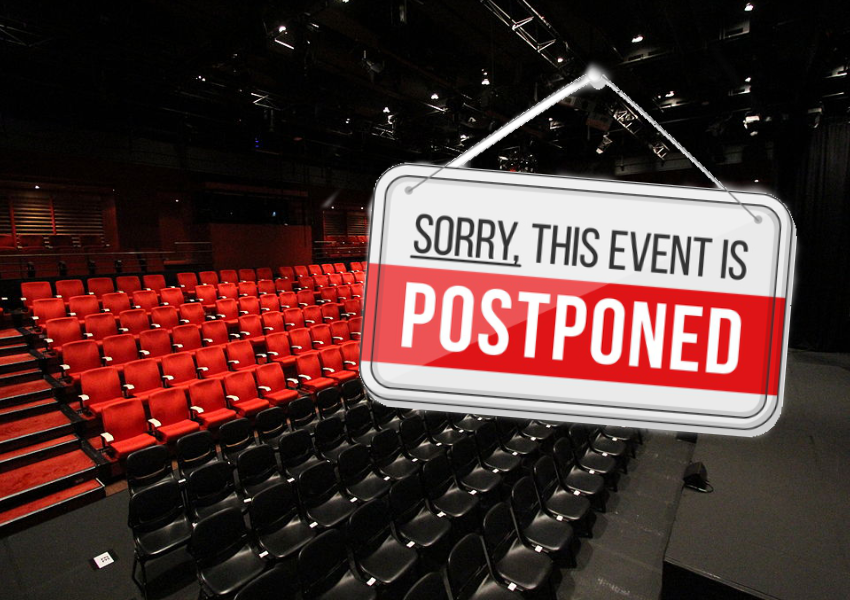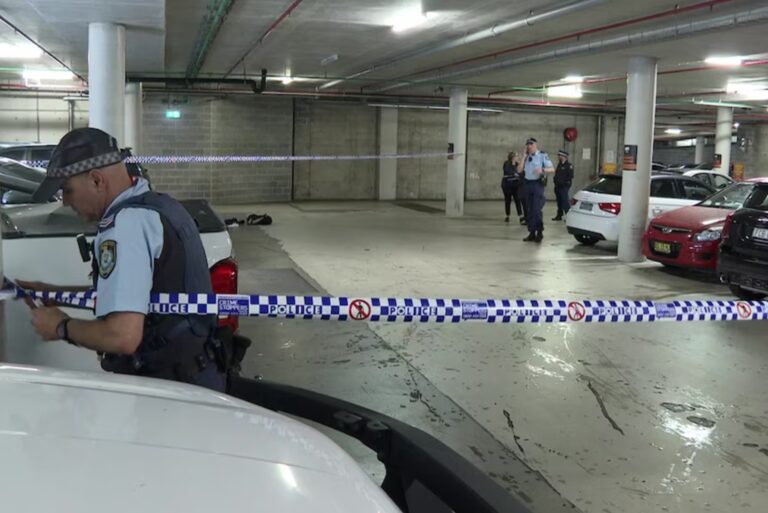What’s happened to our independent theatre makers?

By Lucinda Garbutt-Young
It’s been over a year since independent theatre companies had to close their doors for the first time. After the stickiness of job loss dried up, it seems we almost stopped talking about the struggles of Sydney’s smaller creatives.
Perhaps we forgot the 12% job loss that occurred between March and September last year (ABS Payroll Jobs and Wages Index). More poignantly, were we ever told that the cooperative set-up of independent theatre left most companies without Jobkeeper, government-induced cashflow or recovery loans? We’ve lost valuable shows as a result.
“For us, we had five shows happening in 2020 and they’ve all been cancelled,” said Green Door Theatre Company’s Co Creative Producer, Leila Enright.
“We were three days from bump out, so we’d spent a considerable portion of our budget already, and are now not putting on a show,” Eye Contact Theatre Company’s Co-Founder, Emma Wright added.
But despite the sentiment of grief echoed across the independent sector, creatives are navigating huge pivots to revitalise their companies. Many theatre-makers are seeing merit in taking it slower.
“Something I’ve come to know over COVID [is that] creativity is loose. Yes, I have a checklist but I know that part of creativity is living. You can’t create for others if you’re not experiencing life itself,” said actor and writer, Laneikka Denne.
There’s an anecdotal trend of increased emphasis on theatre development, championing new Australian works.
“[My Co Creative Producer Bernadette Fam and I said] Let’s strip it back, let’s balance it so we are equal parts development and production company, rather than mostly production and a bit of development,” Enright said about Green Door’s new game plan.
Though Darlinghurst Theatre isn’t strictly independent, they’ve tapped into a crucial question: why we do theatre?
“What our audiences expect of us is to give space and agency to change-makers… what we deliver to those audiences will be a much better answer than ‘because we always have [made theatre],” said Co Artistic Director, Amylia Harris.
On this front many independent companies have tried new feats online, even after lockdown.
Wright, with co founders Jess Davis and Simon Thomson, has used Instagram to show audiences the detailed steps of producing a play. It’s made theatre more accessible.
Rogue Projects pivoted their production process to create two seperate works that would be able to withstand COVID lockdowns. Firstly they turned a short work called Refused Classification into a short film. Secondly they partnered with Australian Theatre Live to create a full-length filmed production of You’re Not Special, with a view to having a COVID back-up as well as a wonderful new way to reach audiences with our work.
“Ideas around ‘what is the product that a theatre company makes now?’ have really changed. It isn’t just a live show that dies after two weeks and becomes a thing that disappears,” Rogue Projects’ Co Executive Creative Producer, Erica Lovell said.
“The hybrid model is something that isn’t going to go away,” Lovell’s work partner Robbi James added “Although there was a slight decrease in people watching online theatre after things opened up a bit, we had successfully trained a population to watch live productions online in 2020.”
Suggesting independent companies are newly playing with the “big boys” in recordings and cinema, James said it “now seems like any of us can tap an audience there.”
COVID-19 has clearly offered a shift to independent theatre companies; their national and international recognition has been catalysed by digital workmodes. Yet, they’re keeping a uniquely experimental edge. The emphasis on increased development work proves this.
“I think we need to really scrutinise the way we interact with major theatre companies. Ten years ago we were seen as a pipeline into major theatre and in some aspects that’s still really true, but now I think we’re kind of a seperate industry that is almost an experimenting ground,” Enright said.
As ‘creative funding’ fluctuates in its status as a media buzz term, there’s an ugly paradox hanging over independent Australian theatre. They’re fierce and ready to give us what we want. They’re also scandalously underfunded.
“It’s bizarre to me that the companies that are often taking the most risks and experimenting the most, and progressing our art form and the way it interacts with society, are the companies that have no funding and are often running on 10k budgets.”
You can continue to support independent theatre by viewing works from Green Door, Eye Contact, Rogue Projects and other companies operating through Sydney.
May 8, 2024 |
Rita Bratovich
May 8, 2024 |
Rita Bratovich
May 8, 2024 |
Rita Bratovich
May 7, 2024 |
Mark Morellini
May 7, 2024 |
Mark Morellini
May 7, 2024 |
Staff Writer


